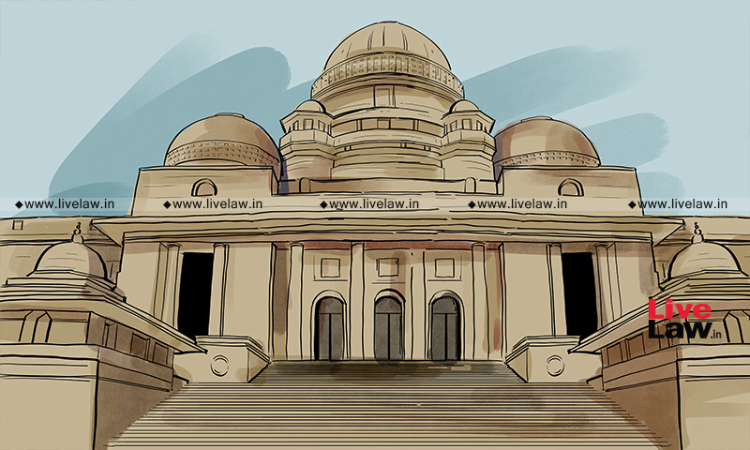The Bombay High Court recently held that a husband marrying another woman during the existence of first marriage and without his wife's consent constitutes cruelty under section 498-A of the IPC. "Marrying another woman by the husband during existence of his first marriage is something which is most likely to cause trauma and grave injury to the mental health of the first wife, unless...

